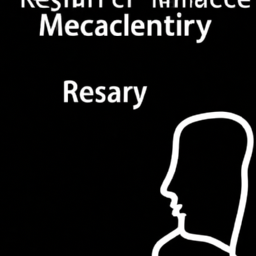Court Says Question of Disability Accommodation Should Go to Jury
As an HR professional, it is essential that you understand the importance of accommodating individuals with disabilities. This is why a recent U.S. District Court ruling is so important for HR professionals. The court ruled that a former employee of a nonprofit hospital presented the court with “factual issues” concerning the essential duties of her position and the reasonableness of the employer’s proffered accommodation. This ruling means that summary judgment was not warranted on the plaintiff’s failure-to-accommodate claims against the defendant, KidsPeace Corp., under either the Americans with Disabilities Act (ADA) or the Pennsylvania Human Relations Act (PHRA).
What does this ruling mean for employers and HR professionals? It means that when it comes to accommodating individuals with disabilities, employers and HR professionals should be prepared to defend their decision-making process. Employers should ensure that they understand the implications of the ADA and PHRA when it comes to providing reasonable accommodations and that they are documenting the process in order to be prepared for any legal challenges.
The ADA and PHRA are important laws that protect individuals with disabilities from discrimination in the workplace. The ADA states that employers must provide reasonable accommodations to employees with disabilities unless it would cause an undue hardship for the employer. This means that employers must provide reasonable accommodations to employees with disabilities that would allow them to perform the essential functions of their job.
The PHRA is the Pennsylvania state law that has similar provisions as the ADA. It requires employers to provide reasonable accommodations to employees with disabilities unless it would pose an undue hardship on the employer. Under the PHRA, employers must provide reasonable accommodations that would enable the employee to perform the essential functions of their job.
When it comes to providing reasonable accommodations to employees with disabilities, employers should keep in mind that each case must be evaluated on an individual basis. Employers should take into consideration the employee’s disability and the specific requirements of the job when determining if a particular accommodation is reasonable. It is important to document the process and the decisions that were made. The employer should also be prepared to defend their decision-making process in the event of a legal challenge.
This recent ruling serves as a reminder of the importance of accommodating individuals with disabilities. Employers and HR professionals should be aware of the requirements of the ADA and PHRA and be prepared to defend their decisions. It is also important to understand that each case should be evaluated on an individual basis and that accommodations should be tailored to the individual’s needs. By following these guidelines, employers and HR professionals can ensure that they are providing reasonable accommodations to individuals with disabilities and protecting themselves from potential legal challenges.



